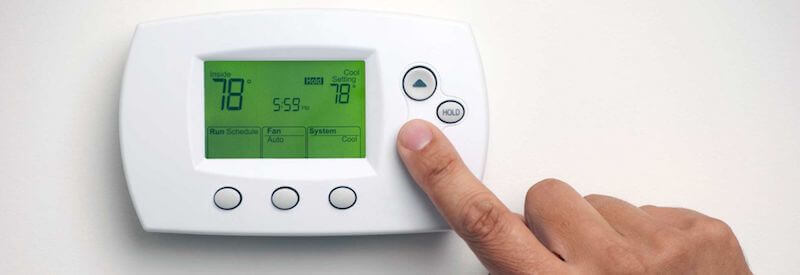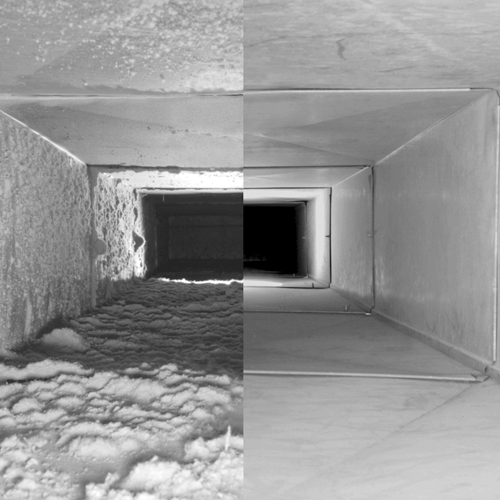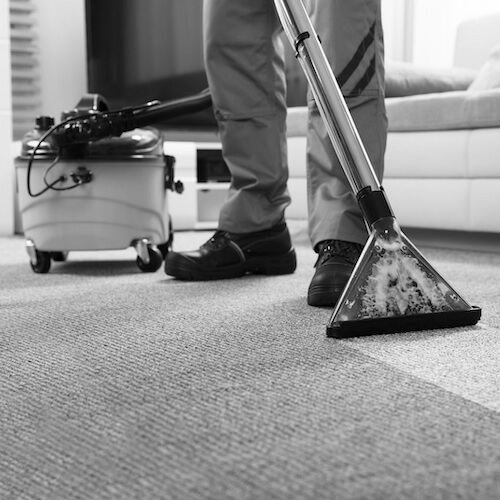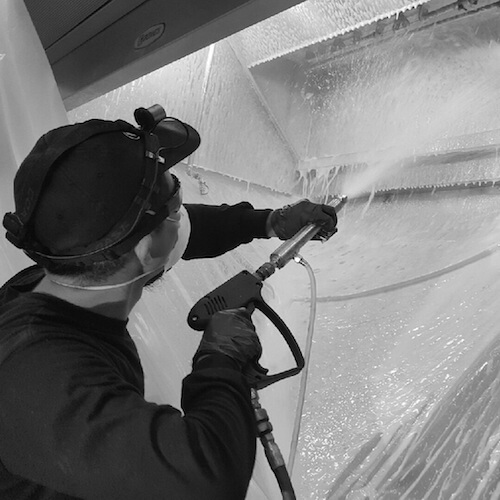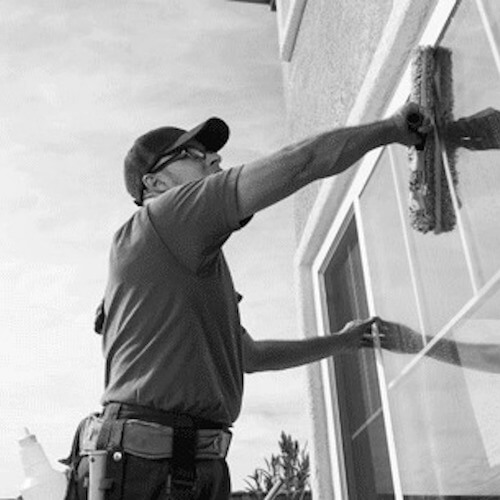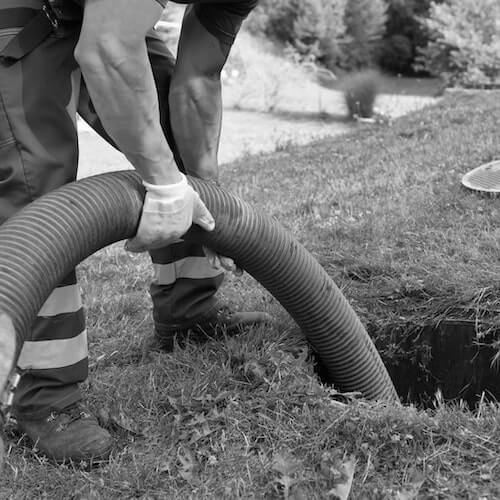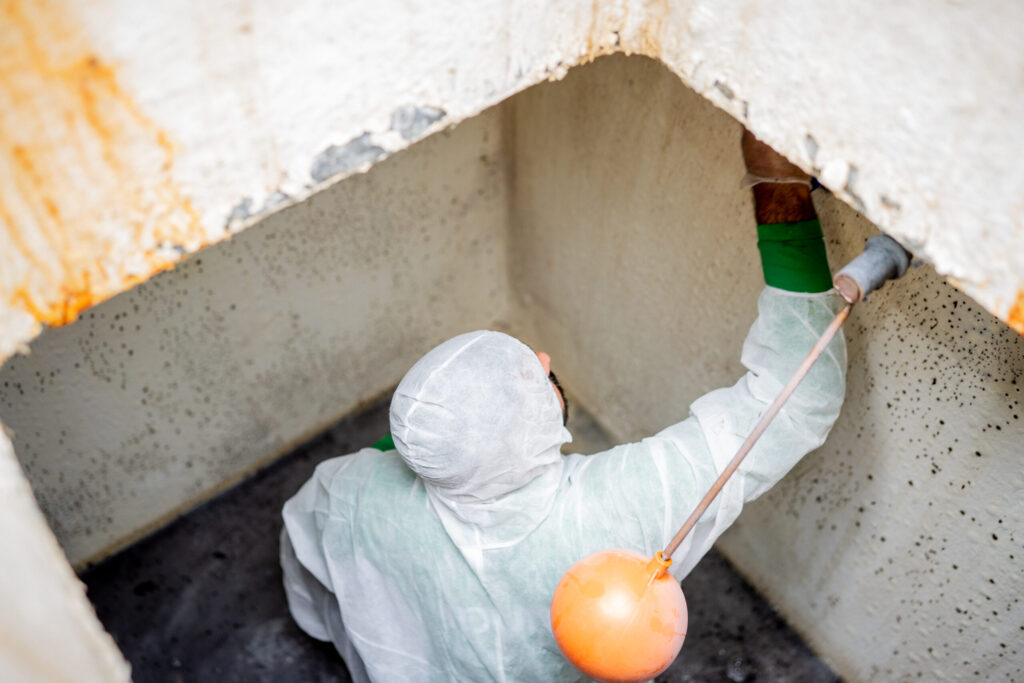Air conditioning cleaning
Want to save on your energy bills while staying cool and comfortable? Look no further than air conditioning cleaning. Neglected AC systems can cause skyrocketing energy expenses. In this blog post, we explore how regular cleaning can optimize efficiency and help you slash your home energy costs.
Reduced System Strain and Energy Consumption
Regular cleaning of air conditioning cleaning components is crucial for maintaining optimal system performance and energy efficiency. By preventing the buildup of dirt and dust on coils, condenser units, and fans, you can ensure uninterrupted airflow and prevent increased energy consumption.
- Cleaning coils, condenser units, and fans removes accumulated dirt and dust, preventing airflow restrictions that can hinder the system’s performance.
- Reduced dirt and dust buildup on components allows for better heat transfer, enhancing cooling efficiency and lowering energy consumption.
- Regular cleaning prevents clogged condenser units, ensuring proper heat dissipation and preventing system strain.
- Clean fans operate more efficiently, providing better air circulation and reducing the need for the system to work harder.
- By proactively cleaning air conditioning components, you can optimize system performance, extend the lifespan of your equipment, and ultimately save on energy costs.
Maintaining clean and well-functioning air conditioning cleaning equipment is essential for optimizing energy efficiency and reducing energy usage in your home. By ensuring regular cleaning and maintenance, you can minimize the workload on the system, allowing it to operate more efficiently and effectively.
- Clean equipment, including filters, coils, and vents, ensures proper airflow, reducing strain on the system and minimizing energy consumption.
- Regular maintenance prevents issues such as refrigerant leaks or faulty components, optimizing system performance and avoiding unnecessary energy waste.
- Clean equipment promotes efficient heat transfer, enabling the air conditioning cleaning system to cool the air more effectively without excessive energy usage.
- Well-maintained equipment operates smoothly, reducing the need for the system to work harder and consume additional energy.
- By prioritizing the cleanliness and functionality of your air conditioning equipment, you can enjoy significant energy savings and contribute to a greener environment.
Enhancing Energy Efficiency through AC Cleaning
Enhancing energy efficiency is a top priority for homeowners seeking to reduce their energy bills and minimize their environmental impact. One effective way to achieve this goal is through regular air conditioning cleaning. By keeping your AC system clean and well-maintained, you can optimize its performance, improve airflow, and reduce energy waste, resulting in significant cost savings.
- Dust and debris accumulation within the AC system can obstruct airflow and cause the unit to work harder, consuming more energy. Regular cleaning prevents this buildup.
- Clean evaporator coils enable better heat transfer, allowing the system to cool the air efficiently and consume less energy.
- Clogged condensate drain lines can lead to water leakage and decrease the AC’s efficiency. Cleaning those helps maintain optimal performance and energy savings.
- Mold and mildew growth in the AC system compromises indoor air quality and hampers efficiency. Cleaning eliminates these contaminants, improving both air quality and energy efficiency.
- Dirty air filters restrict airflow, forcing the AC system to work harder. Cleaning or replacing filters regularly improves airflow and reduces energy consumption.
- Unclean air ducts can lead to energy waste by allowing conditioned air to escape or allowing contaminants to accumulate. Cleaning ducts promotes energy efficiency and healthier indoor air.
- Hiring professional AC cleaning services ensures thorough cleaning, maintenance, and optimization of your system, maximizing energy efficiency and cost savings.
Removing Dust and Debris for Optimal Performance
Dust and debris accumulation within an air conditioning system can harm its performance and energy efficiency. Regular removal of these particles is essential to ensure optimal functionality and cost savings. By keeping the system clean, you can improve airflow, prevent clogs, and maintain peak performance.
- Dust and debris can obstruct the airflow within the AC system, causing reduced efficiency and increased energy consumption.
- Accumulated dust on the evaporator coils acts as an insulating layer, inhibiting heat transfer and reducing cooling efficiency.
- Dirty condenser coils can hinder heat dissipation, forcing the system to work harder and consume more energy.
- Clogged air filters restrict airflow, resulting in reduced efficiency and higher energy usage.
- Debris buildup in the ductwork can obstruct airflow and lead to inefficient cooling or heating throughout the home.
- Dust and debris can settle in the blower motor and fan, hindering their performance and increasing energy consumption.
- Regular removal of dust and debris from the AC system helps prevent component damage, prolonging the system’s lifespan and avoiding costly repairs.
Preventing Airflow Blockages for Lower Energy Consumption
Preventing airflow blockages is crucial for maintaining energy efficiency in an air conditioning system. When airflow is obstructed, the system has to work harder to cool or heat the space, leading to increased energy consumption and higher utility bills. By taking proactive measures to prevent airflow blockages, homeowners can enjoy lower energy consumption and maximize their cost savings.
- Clearing obstructions such as furniture, curtains, or other objects from vents and registers ensures unobstructed airflow throughout the room.
- Regularly cleaning and replacing air filters prevents them from becoming clogged and restricting airflow, allowing the system to operate efficiently.
- Ensuring proper sealing of ductwork prevents air leaks that can result in reduced airflow and energy wastage.
- Periodic inspection and cleaning of ducts help remove accumulated debris, dust, and allergens, promoting better airflow and energy efficiency.
- Properly maintaining outdoor units by keeping them free from debris, vegetation, and obstructions allows for adequate airflow and optimal system performance.
- Checking and cleaning the system’s blower motor, fan blades, and condenser coils removes accumulated dirt and debris, preventing airflow blockages.
- Regular professional maintenance, including thorough inspections and cleanings, can identify and address any potential airflow blockages, ensuring optimal energy efficiency.
Reducing the Need for Costly Repairs and Maintenance
Reducing the need for costly repairs and maintenance is a goal that every homeowner strives for. By taking proactive measures and implementing preventive strategies, it is possible to minimize the frequency and extent of repairs, leading to significant cost savings. This approach not only helps maintain the efficiency of an air conditioning system but also extends its lifespan.
- Regularly cleaning and maintaining the air conditioning system prevents the accumulation of dirt, debris, and dust that can lead to system malfunctions and costly repairs.
- Properly cleaning and lubricating system components, such as fan motors and bearings, ensures smooth operation and reduces the risk of breakdowns.
- Periodic inspections and maintenance by HVAC professionals can identify potential issues early on, allowing for timely repairs and preventing further damage.
- Keeping air filters clean and replacing them as needed prevents strain on the system, reducing the likelihood of breakdowns and expensive repairs.
- Clearing blocked condensate drain lines helps prevent water leaks and subsequent damage to the system and surrounding areas, avoiding costly repairs.
- Regularly inspecting and cleaning ductwork prevents issues like leaks, blockages, or insulation damage, which can lead to costly repairs or replacements.
- Following the manufacturer’s guidelines for maintenance and scheduling routine professional servicing can identify minor issues before they escalate, reducing the need for major repairs and associated expenses.
Saving Money on Energy Bills with Clean Air Conditioning Systems
A clean air conditioning system not only provides optimal cooling and comfort but also offers significant savings on energy bills. When the system is free from dirt, dust, and debris, it operates efficiently, consuming less energy to achieve desired temperatures. By prioritizing cleanliness and maintenance, homeowners can enjoy substantial cost savings while keeping their homes cool and comfortable.
- Regular cleaning and maintenance of the air conditioning system ensure proper airflow, allowing it to cool efficiently and reducing energy consumption.
- Clean evaporator coils enable better heat transfer, improving cooling efficiency and reducing the amount of energy needed to achieve desired temperatures.
- Unclogged condensate drain lines prevent water leaks, avoiding potential system damage and the associated energy waste.
- Clean air filters promote unrestricted airflow, allowing the system to operate efficiently and consume less energy.
- A clean system reduces strain on components like motors and fans, extending their lifespan and avoiding costly repairs or replacements.
- By removing dust and debris from the ductwork, airflow is improved, leading to efficient cooling and lower energy usage.
- Regular maintenance, including cleaning, ensures that the system operates optimally, minimizing energy waste and maximizing cost savings on monthly energy bills.
FAQ’s
How often should I clean my air conditioning system to maintain energy efficiency?
To maintain energy efficiency, it is recommended to clean your air conditioning system at least once a year. However, in areas with high dust or pollen levels, more frequent cleanings may be necessary, such as every six months.
Can I clean the air filters myself, or should I hire a professional for proper cleaning?
While cleaning air filters can be done by homeowners, it is advisable to hire a professional for proper cleaning. Professionals have the expertise to thoroughly clean the filters, ensuring they are free from dust, debris, and allergens, maximizing their efficiency.
Will cleaning my air conditioning system reduce my energy bills immediately?
Cleaning your air conditioning system can contribute to energy savings over time. By removing dirt and debris that hinder airflow, the system can operate more efficiently, reducing energy consumption. However, the immediate impact on energy bills may vary depending on the condition of the system before cleaning.
What are some signs that indicate my air conditioning system may need cleaning for improved energy efficiency?
Signs that indicate the need for cleaning your AC system for improved energy efficiency include reduced airflow, uneven cooling, increased energy bills, and excessive dust or odors when the system is running. If you notice any of these signs, it is recommended to schedule a cleaning.
Is there a specific time of the year when it is recommended to clean the AC system for maximum energy savings?
While there is no specific time of the year for cleaning your AC system, it is often recommended to schedule cleanings before the summer season begins. This ensures that the system is in optimal condition for efficient cooling during the hotter months when it is heavily used.
How can I maintain the cleanliness of my air conditioning system between professional cleanings?
To maintain the cleanliness of your air conditioning system between professional cleanings, you can regularly inspect and clean the air filters. Additionally, keeping the area around the outdoor unit clear of debris, such as leaves or grass clippings, can help maintain proper airflow and prevent blockages.
